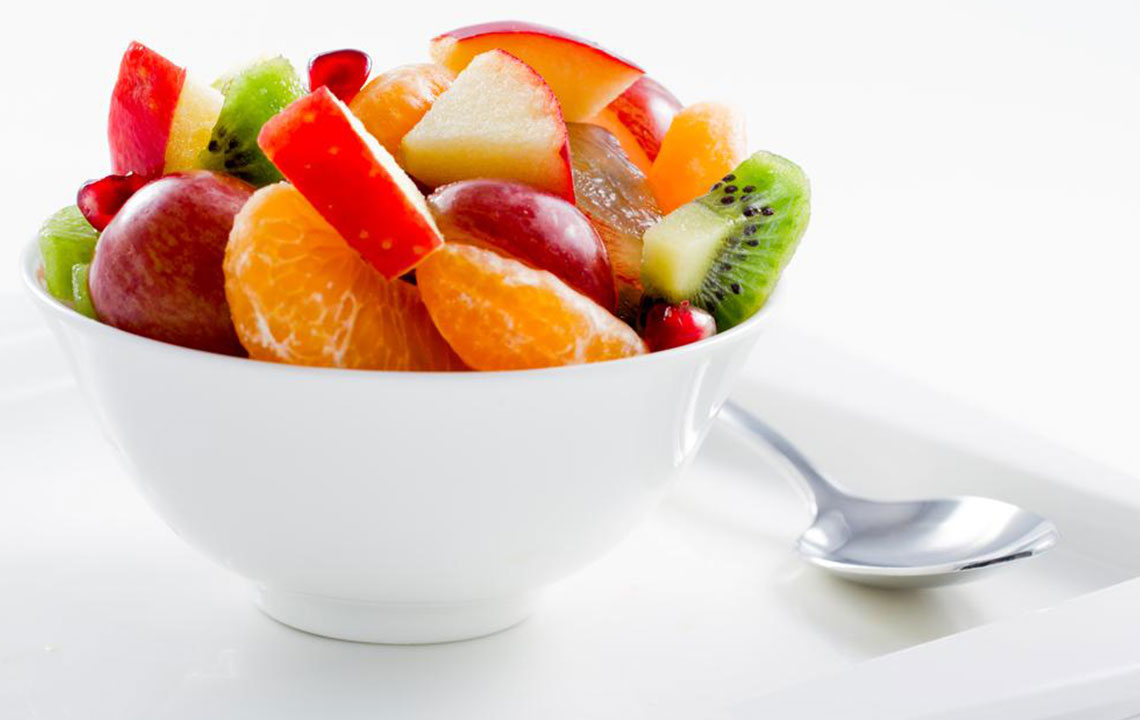Following a Healthy Diet for Hypothyroidism
The thyroid is one of the most misinterpreted diseases in human beings. Very few people understand the exact condition when the numeric value of thyroid level showed in blood reports is lower or higher than the prescribed value. Hypothyroidism is a condition in which the thyroid gland becomes underactive and is hence unable to release enough thyroid hormones. Hyperthyroidism is the exact opposite of this. It is the overactivity of the thyroid gland resulting in a rapid heartbeat and increased metabolism.

Hypothyroidism is a condition that can happen to any person at any given time of his or her life. However, it has been observed that older people, especially women, are more predisposed to hypothyroidism. A hypothyroidism diet is essential to promote the normal activity of the gland.
Indicators of hypothyroidism
The thyroid is a small gland located at the base of the human neck. Doctors note that almost 40 percent of the population across the globe suffers from hypothyroidism at some phase of their lives. With age, women tend to become more prone to suffer from underactive thyroid glands. Apart from women, others prone to hypothyroidism include those who have diabetes, celiac disease and rheumatoid arthritis. People notice certain changes in themselves that may not be normal as per their character. The main symptoms of hypothyroidism are:
- Fatigue or low energy levels
- Frequent mood swings
- Disturbed sleep patterns
- Poor digestion
- Weakened metabolism
- Loss of hair
- Infertility
- Weak nails
- Weight gain
- Muscle tenderness and pain
- Breathing problems
- Constipation
- Cracked or rough skinGoiter
- Disturbed menstrual cycle
- Frequent cold or flu
These are the initial signs that often indicate towards the disease. If suspected, doctors usually suggest blood tests to the person to substantiate. Hypothyroidism is not a deadly disease that cannot be treated. With proper treatment, lifestyle changes and hypothyroidism diet plans, one can control hypothyroidism and gradually increase the thyroid level in the body.
The hypothyroidism diet chart
Diet is the key factor for a hypothyroidism patient. A hypothyroidism diet can help the person naturally increase the production of thyroid hormone in the glands. This makes the treatment simpler and healthier than popping prescribed medication and pills. Specialists send the patient to a practicing nutritionist or a dietician who help the patient understand what to eat and what to delete from their diet. Meals are discussed and planned in a manner so that the person gets the required nutrition and eliminates the food items that trigger hypothyroidism. A hypothyroidism diet mainly focuses on essential factors like:
- Eliminating the causes of thyroid imbalance in the body
- Stopping consumption of foods that cause inflammation or immune reactions
- Introducing foods that balance hormones and heal the GI tract
- Increasing iodine and selenium intake
- Checking for drugs (to treat other diseases) that may lead to hypothyroidism
- Encourage the patient to indulge in regular physical exercise
Foods to eat
A hypothyroidism diet chart for a person suffering from low levels of thyroid should include the following items.
Coconut oil : This wonder oil contains medium chain fatty acids, and stimulates mood, improves metabolism and digestion. Also, it contains antioxidant properties and suppresses inflammation.
Omega 3 fatty acids : Fish like salmon, mackerel, and sardine are the best sources of omega-3 fatty acids, and support healthy thyroid and neurological function in the body.
Probiotic-rich foods : They help maintain a healthy gut. Best sources are kefir, milk, yogurt and fermented vegetables.
Sprouted seeds : They provide alpha-linolenic acid (ALA), a fatty acid that aid in proper thyroid function and hormonal balance. Preferred options are chia seeds, flaxseed, and hemp.
High fiber foods : Foods like beans, lentils, berries and fresh vegetables are essential for a healthy digestive system.
Bone soup : A bowl of tasty and healthy chicken stock can help overcome fatigue and weakness, and set the mood right. This soup contains important amino acids that help control hypothyroidism to a large extent.
Water : The most important part of the diet, water hydrates the body, aid digestion, prevent fatigue and keeps moodiness at bay. Always opt for pure and safe drinking water. Bottled water, if possible.
Fresh fruits and vegetables : They are high in minerals, antioxidants, and vitamins that lower inflammation.
Medical practitioners prescribe thyroid medication like Synthroid. It is a synthetic thyroid hormone pill that is required to be taken by the patient until the end once started – hypothyroidism is never completely cured. However, a proper hypothyroidism diet and exercise routine can help control the situation to a large extent and limit the intake of pills.
Foods to eliminate
Dieticians suggest eliminating certain food items from the meal plans for hypothyroidism patients. These are the foods that lead to inflammation, indigestion and low thyroid hormone production. Some of the food items meant to be deleted from a hypothyroidism diet plan include:
Gluten : Hypothyroidism patients might be sensitive to gluten. In that case, items made of wheat, barley and rye are to be avoided.
Conventional dairy products : Products like inorganic cow milk and its products can cause inflammatory responses. Switch over to organic cow milk.
Sugar : This aggravates hormone imbalance, moodiness, fatigue, weight gain, and depression. Alternatively, natural sources of sweetness like honey and jaggery should be taken.
Refined flour : This leads to weight gain and hormonal imbalances. Products like bread, cereals, pasta and baked items are to be avoided. However, one can choose whole grains.
Goitrogenic food : Eating large quantities of food items like cabbage, broccoli, cauliflower, soy and brussels sprouts can result in impaired thyroid production in patients suffering from hypothyroidism. It is advised to steam these vegetables and limit the quantity to small portions.
Packed food : Eliminating processed and packaged food items help manage weight, hormonal balance, and improved metabolism.


